Owing to the historical roots of oppression, violence and threatened citizenship, the mental health of Indian Muslims is depleting, leading to loss of employment opportunities, financial constraints and mounting hostility. In the report entitled “Social Suffering in a World without Support,” (December 2022) by Bebaak Collective, Muslims hailing from varying regions, castes and classes, across differing degrees of educational levels were interviewed to analyse the detrimental effects of a polarised environment on the mental and emotional health and well-being of the Muslims of India.
One is compelled to make sense of their experience of communal violence to analyse their deteriorating quality of life and mental health. According to the study entitled “Caste, Religion and Mental Health in India” by Ashish Gupta and Diane Coffey, Muslims are more prone to anxiety and subsequent mental disorders relative to upper-caste Hindus, even if the variables of income, educational level, age, expenditure, rural/urban residence are not accounted for.
The intensive research conducted by the Bebaak Collective sheds light on the fact that continuous experiences of systemic violence and injustice harbour feelings which cannot be encapsulated under clinical concepts like Post-Traumatic Stress Disorder (PTSD). The escalating trauma is not the outcome of solely one profound incident like a war, it is the result of a series of subtle and direct discrimination, violence and exclusion, tying them down to only one aspect of their identity: religion.
Bleak hopes and aspirations for Muslims
Violence is not merely physical, it not only harms one externally but impacts one’s emotional health and psychological well-being. A new strategy has surfaced in the face of rising communalism in the country, popularly known as “bulldozer politics,” which entails the destruction of one’s means to procure and sustain a livelihood, homes and a sense of security, as highlighted in the riots in Khamaria, Madhya Pradesh in 2022. The Khamaria riots boosted barriers for women, influencing their decisions to venture into the public sphere and engage in social interactions while being mindful of their safety. A sense of community was lost, inducing feelings of helplessness and powerlessness. Rebuilding one’s life after a riot is like starting from scratch, owing to the loss of financial and mental security.
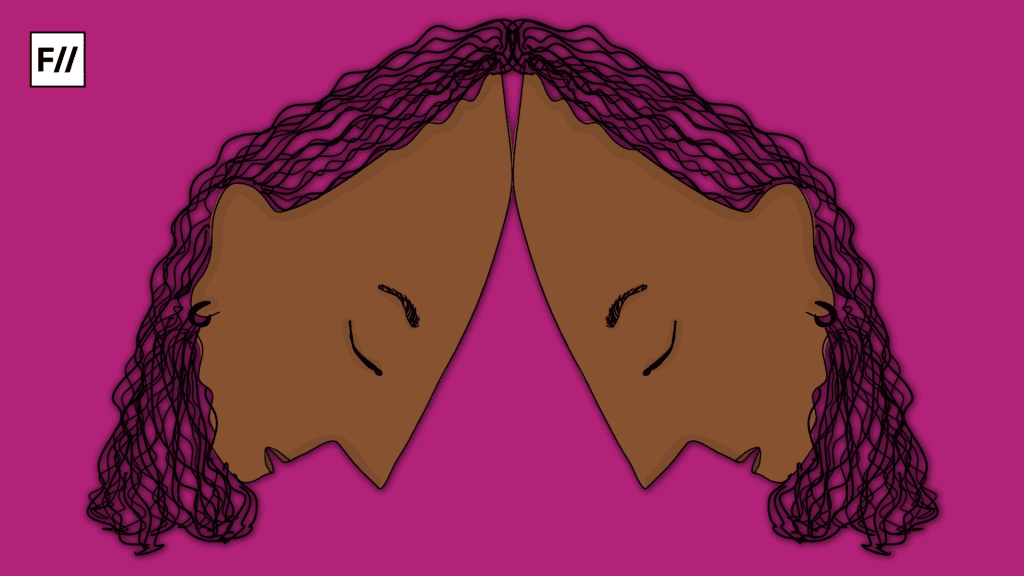
A hindrance in the interfaith relationships Muslims harboured has resulted from the legitimisation of communalism in everyday life. According to the report by Bebaak Collective, a bridge is built between a Muslim friend or acquaintance and a stereotypical image of the Muslim “other” and this becomes the new normal, with foundations of mistrust and scepticism.
In a country where the social and economic landscape has grown to be increasingly communal, the implementation of the rule of law is dependent upon one’s religion.
Why do news headlines reporting about Kashmir never mention the increasing anxiety and depression induced by a highly politically charged atmosphere and conflict in the region? In a viral video, an MLA celebrating the abrogation of Article 370 exclaimed that the bachelors in his party could now marry Kashmiri women. This was a clear manifestation of Muslim women being viewed as property to be owned and exchanged. The underrepresentation of the mental health of Indian Muslims in the mainstream discourse, despite them being the second-largest community in the country, is an issue that demands critical reflection.
The suffering endured by Palestinians has become a laughing stock, with Indian users mocking the physical and mental impact on their health on Twitter. For instance, the video of a Palestinian child crying has been making rounds on Twitter, edited and inserted in a Fair&Lovely advertisement, comparing the skin colour of the models in the ad campaign to that of the child whose face is smeared with dirt and ash. The normalisation of such posts harbours a sense of alienation and reinforces the fear of being subjected to similar circumstances.
Violence perpetrated by the Law
The law plays an instrumental role in pushing Muslims to the margins and alienating them, envisioning India as a ‘Hindu‘ nation, in which Muslims are constantly projected as an existential threat to the rest of the population. While addressing the question of the mental and physical health of Indian Muslims, it is essential to understand that the issue is political. It not only impacts the choices one makes about career paths and education but also dampens their faith in the judiciary as an independent and unprejudiced institution in the face of an absolutist regime, rendering them as vulnerable second-class citizens under the direct control of fascist policies by the State.
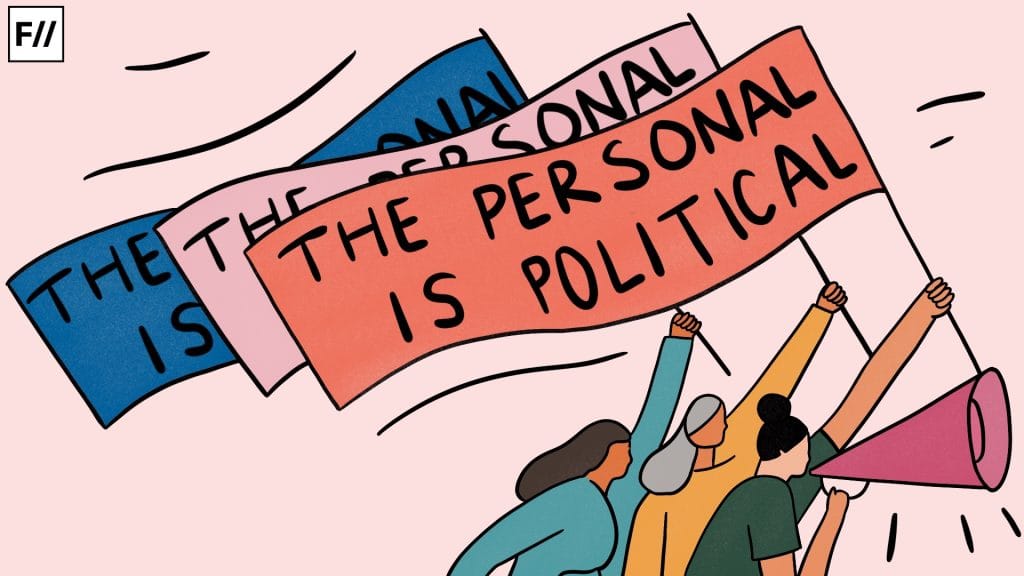
In a country where the social and economic landscape has grown to be increasingly communal, the implementation of the rule of law is dependent upon one’s religion. The twin pillars of justice and reason are eliminated and the Muslims in India witness an institutionalised betrayal, tagged as “guilty“, bestowed with the onus of proving themselves innocent. For instance, a 21-year-old student hailing from Northeast Delhi, Bilal, while recording the burning down of his shop by rioters in 2020, in the midst of the anti-CAA protests, was framed by the police for fueling havoc, subsequently arresting him in 16 cases. Any “mistake” committed by the Muslim community is eagerly awaited by the government, following which draconian strategies are implemented as a way of inflicting punishment.
The terms “Love Jihad,” “COVID Jihad,” “UPSC Jihad,” and others aren’t new inventions. Muslims in India are reduced to subordinate citizens, devoid of dignity, and subject to symbolic and physical violence. The rise in implementing anti-muslim acts is the clearest manifestation of the threatened constitutional rights of Muslims in India. To take an example, laws prohibiting cow slaughter and religious conversions involve a nexus between the legislators, the police and party goons to embolden Hindutva’s principle of establishing Hindu majoritarianism.
The strength needed to amplify one’s voice, to articulate one’s opinion against the policies of the government and to resist is in part derived from the political and social support one acquires. The Citizenship Amendment Act (2019) and the National Register of Citizens were justified on the grounds of getting rid of “infiltrators“, with the underlying object of further marginalising Muslims.
An erstwhile ‘haven,’ is transformed into a havoc by communal violence, with Muslims being cynical about every move they make, every place they visit, and every interaction they have with an individual who is not a member of their community.
Another layer of discrimination faced by Muslims
Women are often torn between the choice of either embracing their choice or religious belief of making the hijab a part of their identity or adhering to the rules of their educational institutions barring them from doing so. A report by the People’s Union for Civil Liberties states that over 1000 Muslim women have opted out of colleges in Karnataka, in response to a carefully devised campaign to alienate women in hijab from their educational institutions, robbing their right to education, “othering” them and obstructing their possibility for mobility.
The hijab has not only become a symbol of growing hostility and otherness but also unstaggering resilience and embracing one’s choice and identity.
Escaping the clutches of dehumanisation
There is an ever-pertinent need to reformulate what constitutes resilience, endurance, survival, personhood and mental health in the context of Muslims in India. Equally imperative is the need to redefine what comes under the ambit of mental health using a holistic and inclusive viewpoint, taking into account accumulating stress, trauma and the strategies to build resilience.

There is an urgent need for civil society actors to serve as watchdogs, holding the judiciary answerable for the hate crimes perpetrated against Muslims. There is strength in the collective, and community support and emotional aid must be extended to the victims. A sense of solidarity must be extended to those at the receiving end, by women’s groups and grassroots-level collectives, not only to mitigate stigma but to foster a safe space where support can be sought. In keeping with provisions like the Mental Health Care Act, of 2017, which prohibits discrimination on the grounds of religion, caste or political beliefs, the absence of equitable care and counselling centres is deeply felt.
When we speak of mental health among Muslims in India, it is important to analyse the roots of violence rather than simply aiming to curb it’s consequences for the community.
About the author(s)
Syeda Shua Zaidi is a student of B.A. (Hons) Sociology, at Miranda House. Passionate about poetry, filmmaking, heritage walks, social work and all things vintage, you would find her reading the works of Murakami, Khaled Hosseini and Agatha Christie while treating herself to a cup of tea. Firmly a believer of "disagreements are welcome, disrespect is not".
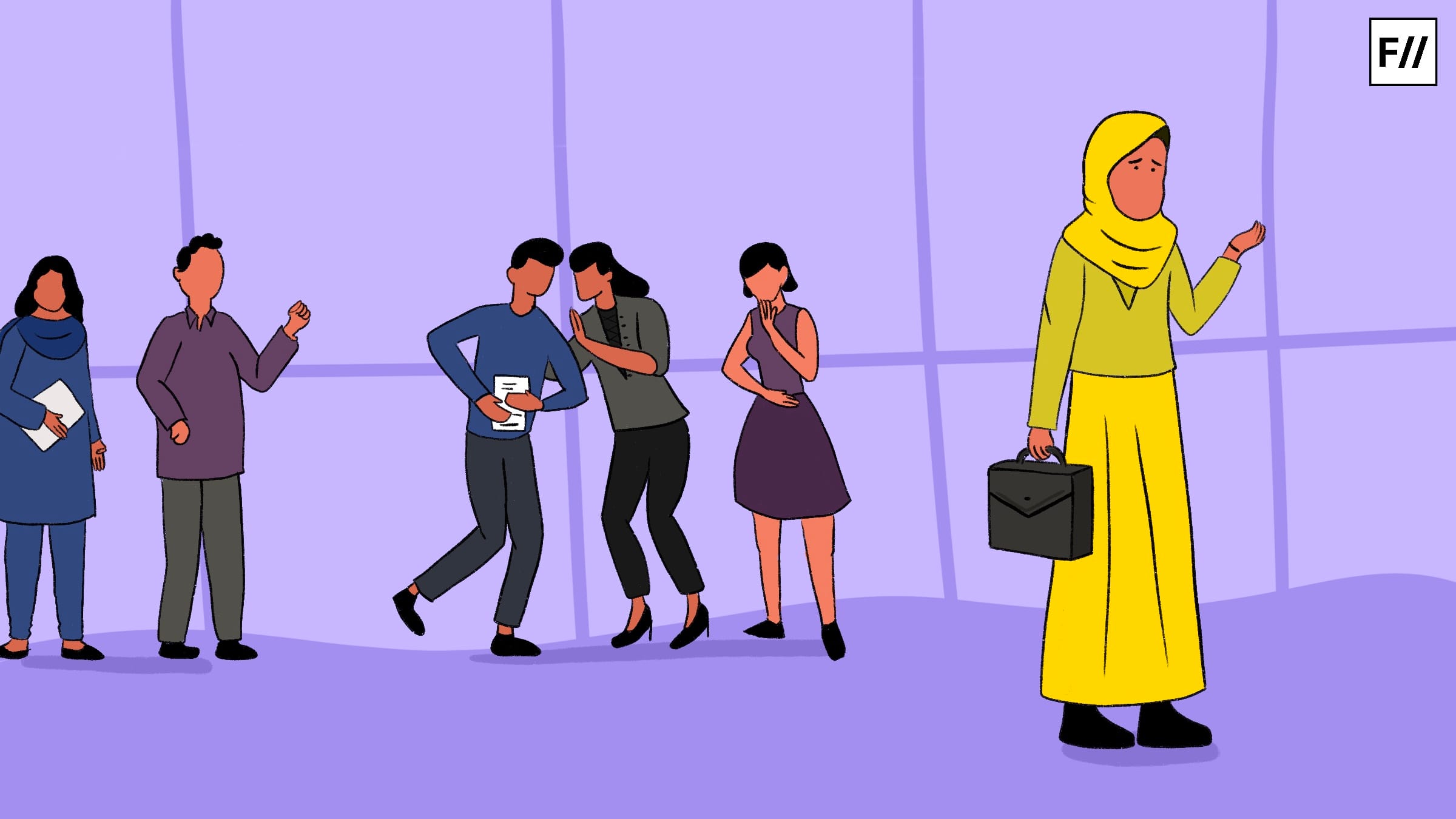

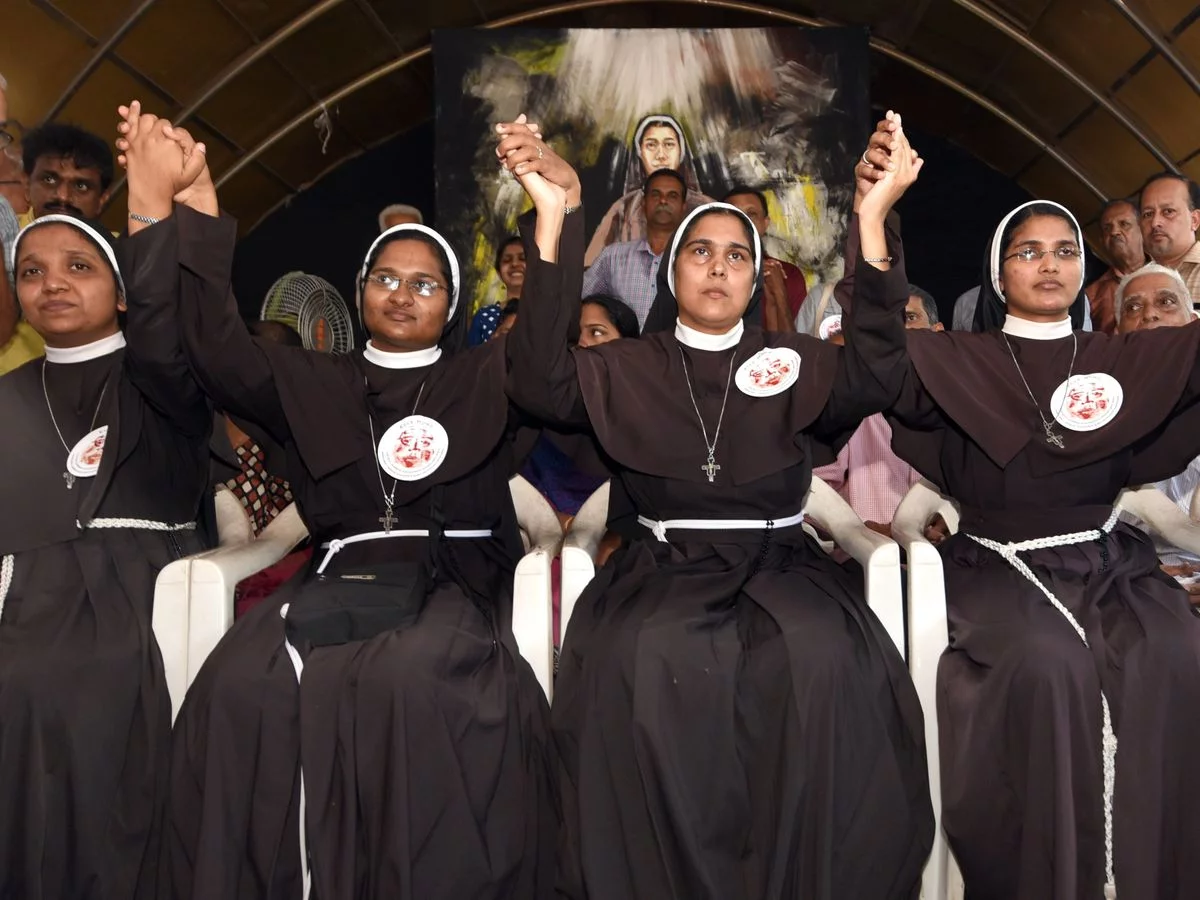

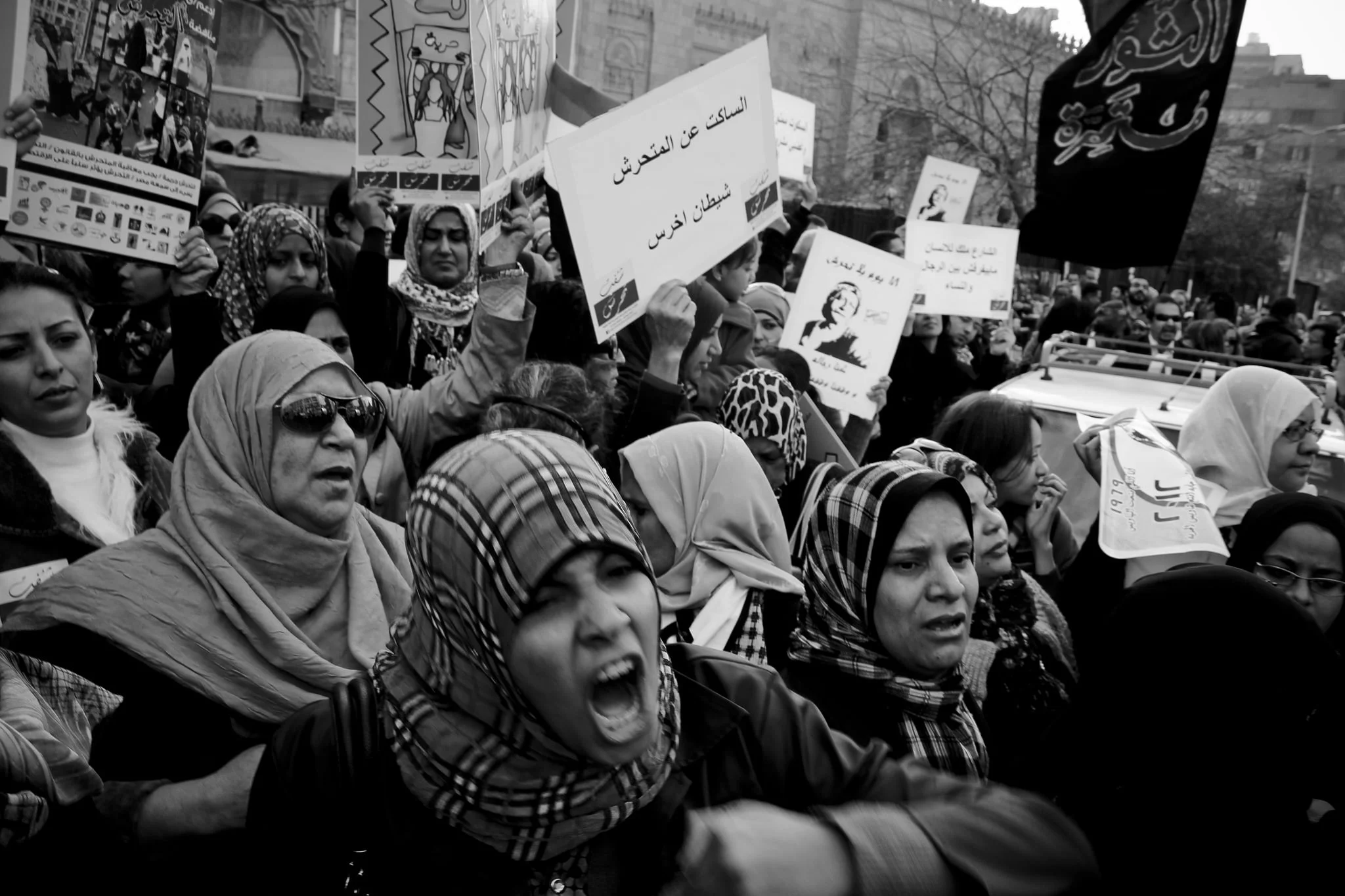

Thought-provoking.